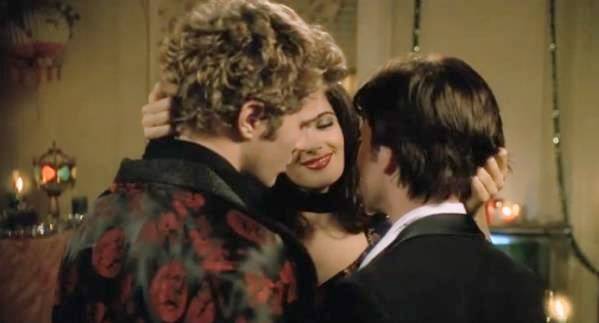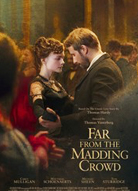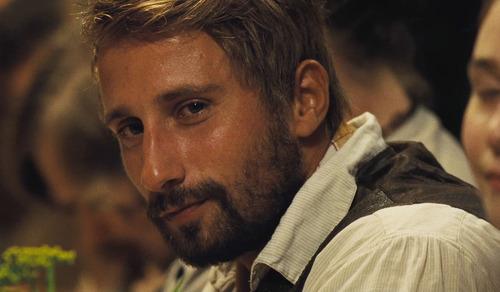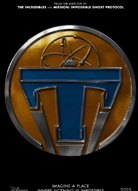Review: Sense8, season 1
 Monday, June 15, 2015 at 8:46PM
Monday, June 15, 2015 at 8:46PM Tim here. We've had a little more than a week now to play around with the new Netflix series Sense8, which has hopefully been enough time for everybody to process it. For myself, I'm still working on that: it's a whole lot of show, frequently not to its benefit. But it dreams no little dreams.

The show is the brainchild of J. Michael Straczynski, whose Babylon 5 largely created the "pre-planned serialized television" in the 1990s, and siblings Andy and Lana Wachowski, of The Matrix and its many attempted follow-ups, all of which have been met with widespread derision and a small but freakishly adoring cult. In the interest of full disclosure, I should confess that I'm part of that cult. I even really liked Jupiter Ascending. So feel free to not trust anything I have to say about anything ever again.
Straczynski's achingly earnest liberal humanism blends seamlessly into with the pie-eyed optimism and sincerity of the Wachowskis' post-Matrix work, especially the swooning globalist poetics of Cloud Atlas. The result is a show that wears its politics and its sentiment right out in the open, with actors navigating big mouthfuls of dialogue that sound like an op-ed first, a stoned philosophy student's stream-of-consciousness second, and things that human beings would ever say out loud to other human beings third (another legacy of Babylon 5. I'm not even entirely sure I mean that as a complaint. Artlessness born out of sincere passion is a very different thing than a simple lack of talent. It's charming, albeit in a shaggy way.
 Netflix,
Netflix,  Reviews,
Reviews,  Sense8,
Sense8,  TV,
TV,  Tom Twykver,
Tom Twykver,  Wachowski Siblings
Wachowski Siblings 









